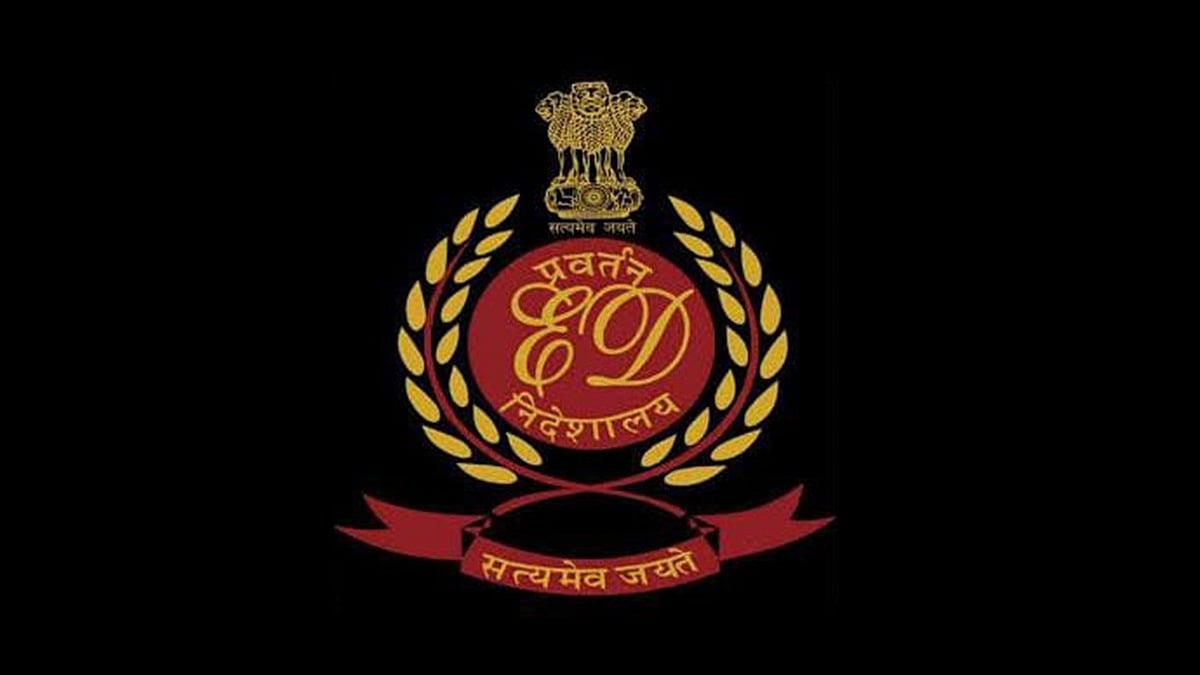In today’s edition of Grow with Governance, Rajat Jain, founder of PadUp Ventures (a tech start-ups incubator) and also Independent Director with Fino Payment Bank and TIM Delhi Airport Advertising (TIMDAA), talks about his journey as a board member. Grow with Governance is a series by Free Press Journal (FPJ) and Mentormyboard (MMB).
In an interview with FPJ's Jescilia K and MMB's Divya Momaya, Jain shares some learnings from his three decades of experience. Some of his past leadership roles include Managing Director of Xerox India and Managing Director (MD) of The Walt Disney Company of India. He also serves as a Non-Executive Director on several boards and advisory boards; and has experience in sectors such as consumer, telecom, media, and technology.
Edited excerpts:
Tell us your board journey.
I started this journey as a board member in 2004 with an Executive Director’s role as Managing Director (MD) of Walt Disney India and later Xerox India. I am the MD and Chairman of my own start-up. I moved into non-executive and independent director roles in 2015.
This journey has been full of learning and very enriching. It helped me understand the different facets of the board's roles and responsibilities -- advantages and disadvantages. It is full of risks and liabilities. There are differences in the duties of various board members -- Executive Director, Whole-time Director, Non-Executive Director, and Independent Director. I hold all four roles in different kinds of companies.
In a couple of companies, I am Executive Director, Whole-time Director in Neva Garments, Independent director in one of Bennett Coleman companies, and Fino Payment Bank.
Overall, the experience has not been limited to contributing but learning as well. The networks that were built over the last 30 years have been useful as well. For me, it is essentially about sharing past experiences, expertise, networks, and wisdom.
How do you switch between these multiple roles?
The Independent Director’s role requires you to be responsible to minority shareholders. Also, responsible for protecting the rights and making sure compliance is right. Non-executive roles are more about advising; helping business strategy and guiding management teams. The Whole-time Director’s role is more like an executive role where you take the responsibility of the part of the operations. I was in an operating and non-operating role as well.
In the last seven-eight years, I have learned the role of an Independent Director. I am able to seamlessly switch between these roles. I like doing multiple things. I am also a trustee in many social NGO boards, Management School, and Advisory Board of some family-owned groups. I like such a variety of roles.
What are the similarities and differences between advising start-ups and becoming a board member?
I run Pad Up Ventures which is a mentoring and knowledge platform where we mentor and incubate early-stage technology start-ups. We also help them build a viable business. We have mentored 100-odd start-ups. Our goal is to mentor 1,000 start-ups. I spend half of my time working with start-ups and half of my time in early-mentioned roles.
Boards need a more structured, calm, process-oriented approach, while start-ups need a more entrepreneurial, risk-taking, more energetic approach.
Start-ups are less about processes and structure and more about survival and sustainability. Board members are seen as fiduciaries that steer the organisation towards a sustainable future with sound, legal and ethical governance. Meanwhile, start-ups are looking at solving problems with innovative, and unique solutions.
Both need different skills and approaches. However, both need integrity, passion, good communication, team management skills, etc. There are some similarities but lots of differences.
Have you been able to sync your experience with start-ups and boards?
When you meet start-ups, you hear a lot of technology applications to problems. It may be a great idea but not a business.
For instance, I saw a start-up that was into solving problems related to anti-money laundering (AML) for banks. I sit on a bank board where AML is a challenge. In this case, one is able to take learning from one side and pass it to another.
Eventually, start-ups have to become big companies. These start-ups have to be compliant and build a board of their own in the future. The DNA has to be about integrity and compliance in the case of start-ups as well.
You learn many things when you sit on the board. You try to imbibe them into the start-ups. It is about transposing and fusion of ideas and policies which evolves both sides.
What is your view on the current regulatory framework?
The role of Independent Directors (IDs) is an evolving thing in India. It is a recent thing and is a learning process for the regulator, people involved and the companies involved. Initially, it was a slow start. But now a lot of qualified people are beginning to join boards.
There is a lot to learn in this area from the developed markets as well. Both in terms of corporate governance and board processes as well as diversity and inclusion.
There is also a need to train people with the right kind of skills.
How do you see the role of IDs evolving in a growing economy like India?
The role of IDs will increase significantly. The economy can only grow if corporate India delivers high growth. It is fundamental. Corporate India has to deliver growth. For this to happen, there is a need to have good-quality teams, promoters, and a board of directors that steer organisations. Good governance has a positive correlation with economic growth. And for good governance independence is the key requisite.
How do you see the recent listing by Zomato and the optimism it has created among other start-ups?
We will see a lot of start-ups, mergers and acquisitions and listings. This is mainly because India is on the growth path.
The fact is that start-ups take a long-term view as they build a business, and get investors -- as investors come in they ought to adopt corporate governance. They add value to stakeholders by listing. I am bullish about the future of India, the future of tech start-ups in India, and people like us helping tech start-ups to build a business.
Start-ups like Zomato, Uber, and others create thousands of jobs. These start-ups will create economic activity, employment and these things are important for the country.










